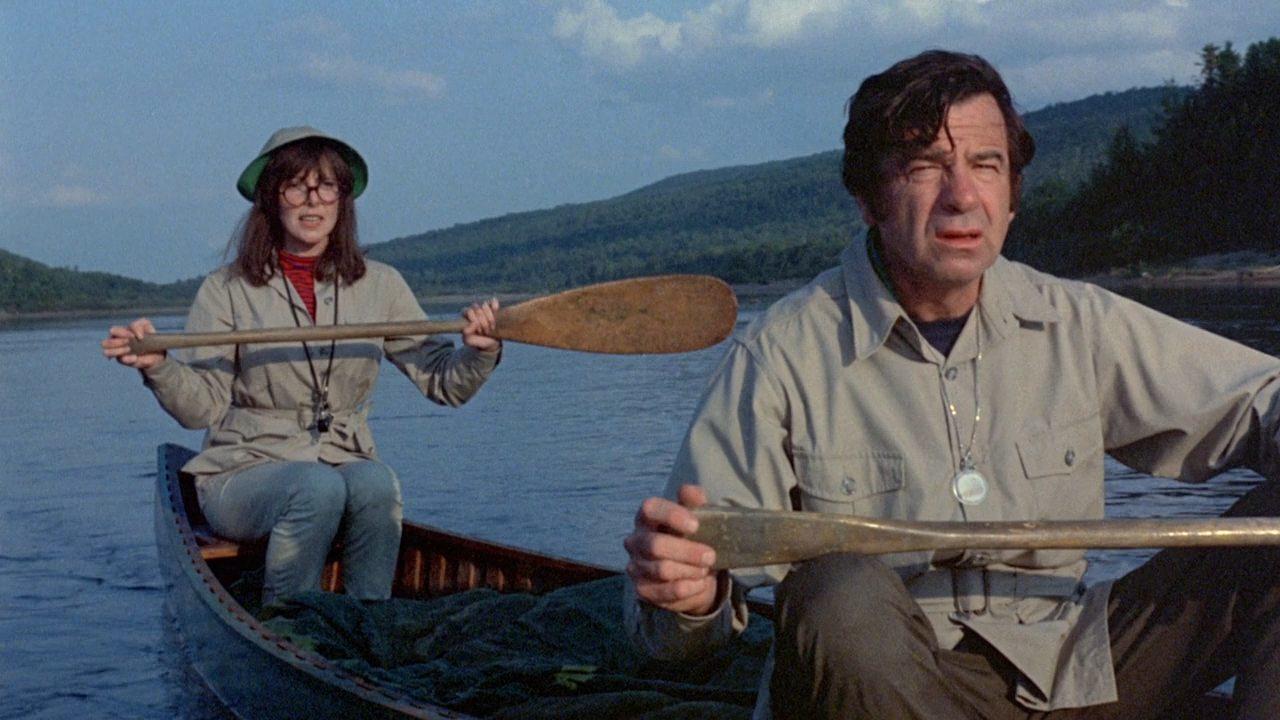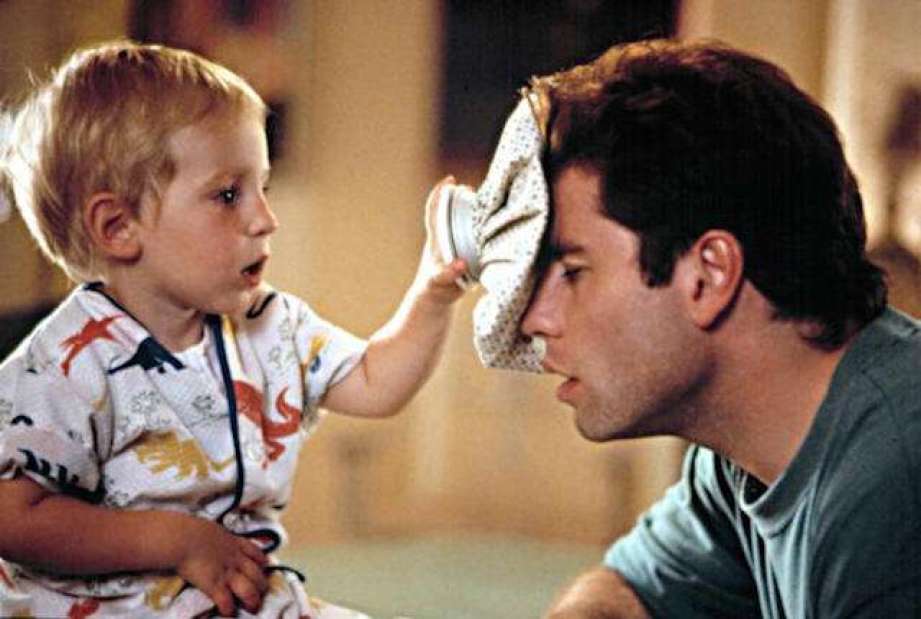By Andrea Thompson
I don't normally write about films I've already reviewed, but there is so much to say and notice about “The Love Witch.” There are many hands that make a film, and I'm generally somewhat hesitant to hand all the credit to one person. In this case though, I'm willing to say that the brilliant way “The Love Witch” is able to provide all the lush aesthetics associated with the most romantic love and deconstruct them at the same time is probably due to Anna Biller. She not only wrote and directed, she's credited on IMDB for the music, film editing, production design, art direction, set decoration, and costume design. This also led me to a rather interesting fun fact: cinematographer M. David Mullen also worked on “Jennifer's Body,” “United States of Tara,” “The Marvelous Mrs. Maisel,” and the pilot of “The Good Wife.”
The movie follows modern day witch Elaine (Samantha Robinson), though you'd hardly know this was the modern world due to its aesthetic, which channels the sexploitation thrillers of the 60s and 70s through Biller's feminist gaze. Elaine has come to a small California town to start over after the death of her ex-husband Jerry (Stephen Wozniak). Though from the smirk on her face when she muses about “poor Jerry,” she may have had more to do with his demise than the police were able to prove.
Screenshot
There's also an impossibly beautiful fragility to Elaine that doesn't make it hard for us to sympathize with her. When she muses about the nervous breakdown she suffered after Jerry left her, it's intercut with memories of very patriarchal-looking witchcraft rituals. And if Elaine wasn't enough to mesmerize, wait till you see her apartment in a Victorian home, which is a fantastically over-the-top tribute to witchcraft. There to greet her is Trish (Laura Waddell), a somewhat prim but warm British woman who befriends Elaine. Or at least thinks she does. Their conversation at the Victorian Tea Room, one of the most beautifully rendered spaces in a film full of them, reveals that Elaine is a woman who is obsessed with love. She isn't about to let anything get in the way of it, much less friendship. When Trish tells Elaine, “You sound like you've been brainwashed by the patriarchy!” she doesn't know the half of it.
As much as Elaine builds her life around men, she doesn't seem to think very highly of them. She routinely describes men as fragile and easily cowed, especially when women assert themselves. “Men are like children,” Elaine tells Trish laughingly. “They're very easy to please as long as we give them what they want.” According to Elaine, you have to give a man his fantasy, and she is determined to do. It's just that in return she expects men to give them hers and satisfy her endless, obsessive desire for love. It doesn't end well for the unfortunate men who happen to cross her path. Drawing them to her is easy, but when her charms (literal and otherwise) cause them to become vulnerable and needy themselves, it repulses her.
As director Anna Biller remarked, Elaine is a character who has been driven mad simply by being a woman. The expectations have crushed her, and she hasn't surmounted them so much as learned to thrive within them, thus reaping the rewards by faithfully recreating herself in the male image and become their ultimate fantasy object. There is a deep rage within her at the disconnect between men who are unable to respect neither the women they are attracted to, or seem to be attracted to those they regard as intelligent. Both Jerry and her father denigrated Elaine's abilities, her mind, and body, with Jerry only showing an interest in her and her pleasure once she lost weight and was considered worthy of love and attention.
Screenshot
Small wonder, then, that Elaine loses her mind when the man she's put the most faith in, who has played the role of her knight in shining armor, is immune to her charms. Movies about witches are nearly always an examination of female power, and just because a movie examines this with a cast made up mostly of women does not mean it is feminist or even feminine. Biller herself put it pretty well in her blog when she wrote that in order to be feminist, “a movie has to have the express purpose of educating its audience about social inequality between men and women (and, I would argue, not take pleasure in the voyeuristic degradation or destruction of women).” It's also noteworthy that “The Love Witch” passes the Bechdel Test, even if it's not by much. This movie's existence and the acclaim it earned also signifies something else about the greater freedom women have to express themselves. Women seem to feel less of a need to emulate the values, and especially the gaze, of men in order to succeed. Femininity is something women can embrace without feeling degraded, and “The Love Witch” is a promising sign that such a gaze can be as progressive as a more “traditional” one.
Anna Biller will continuing this theme in her upcoming film, which is inspired by the dark fairy tale Bluebeard, wherein a woman finds she is married to a murderous monster. Of course it'll be from a female perspective and be inspired by retro woman in peril films of the 30s-60s. If that sounds tantalizing, check out more on her blog here.















